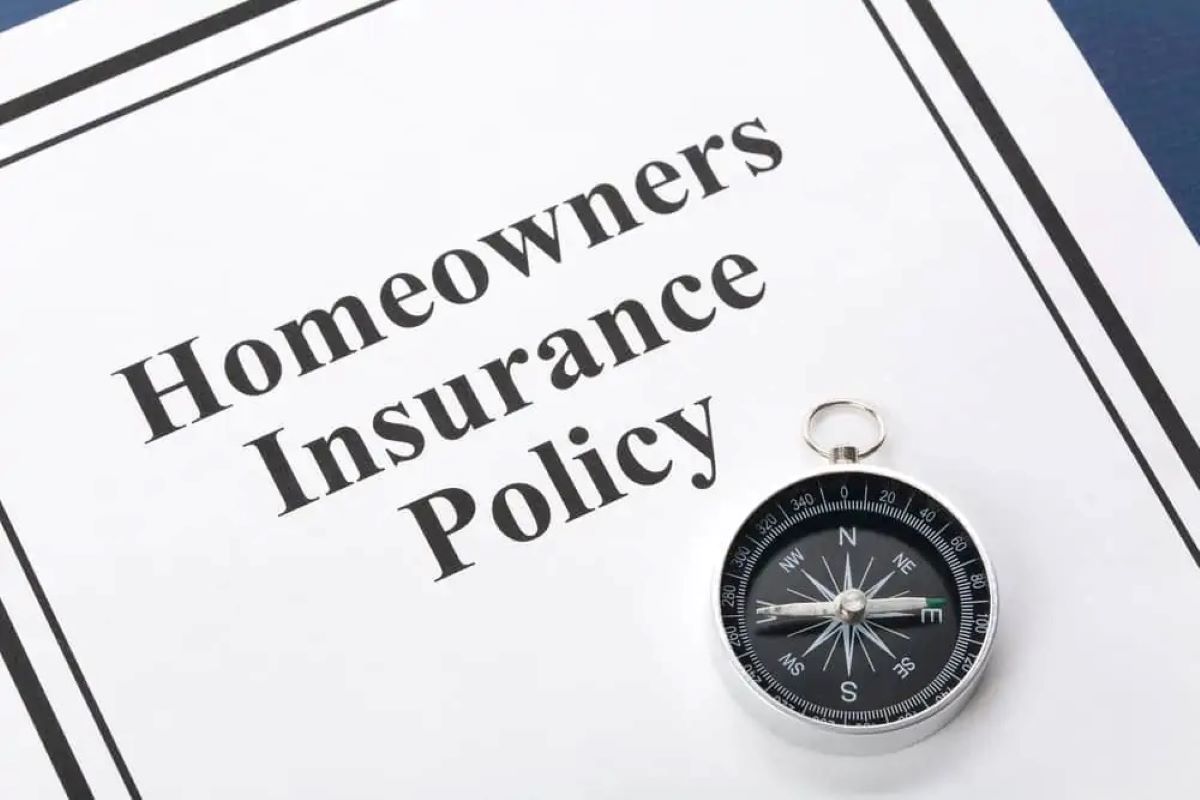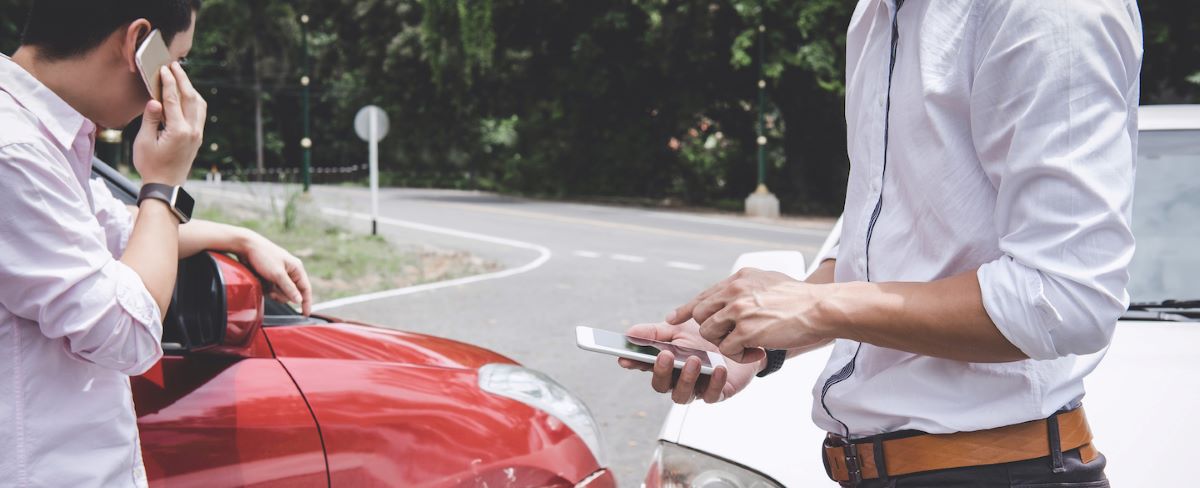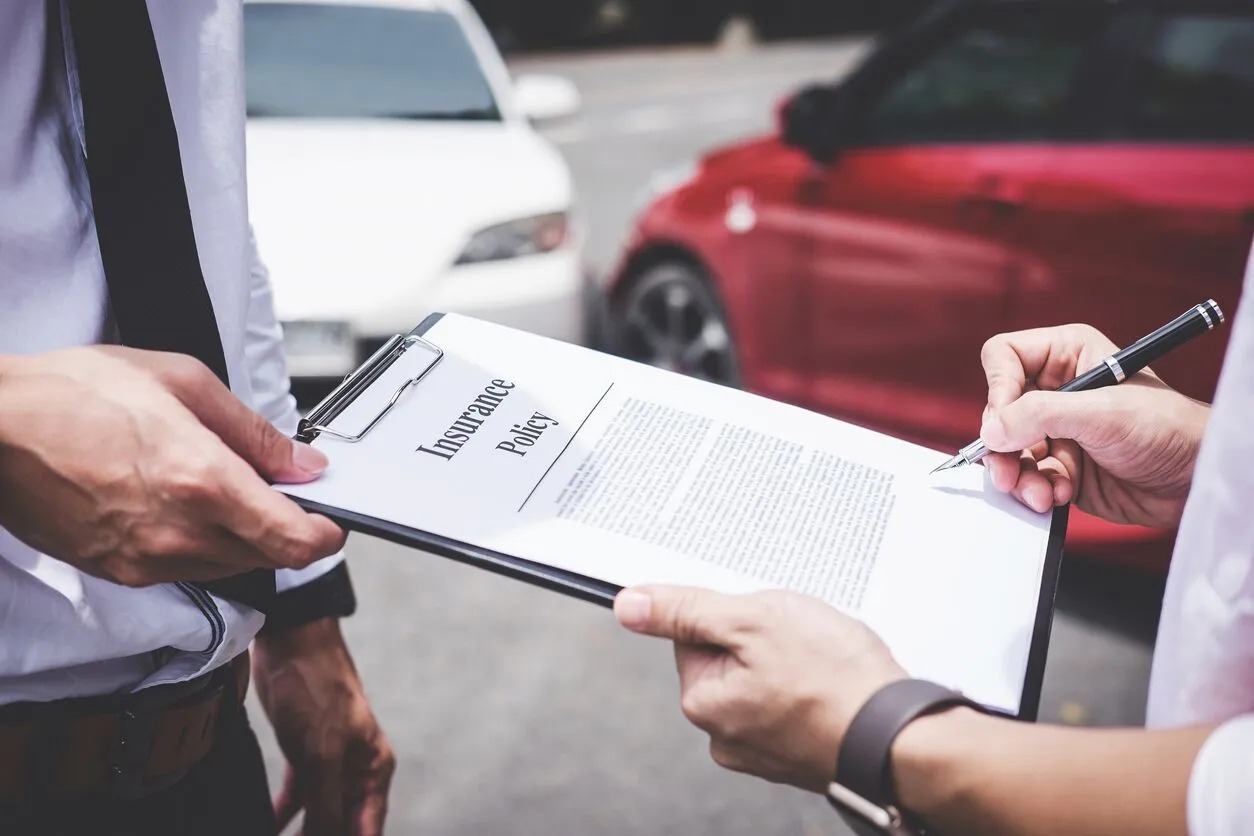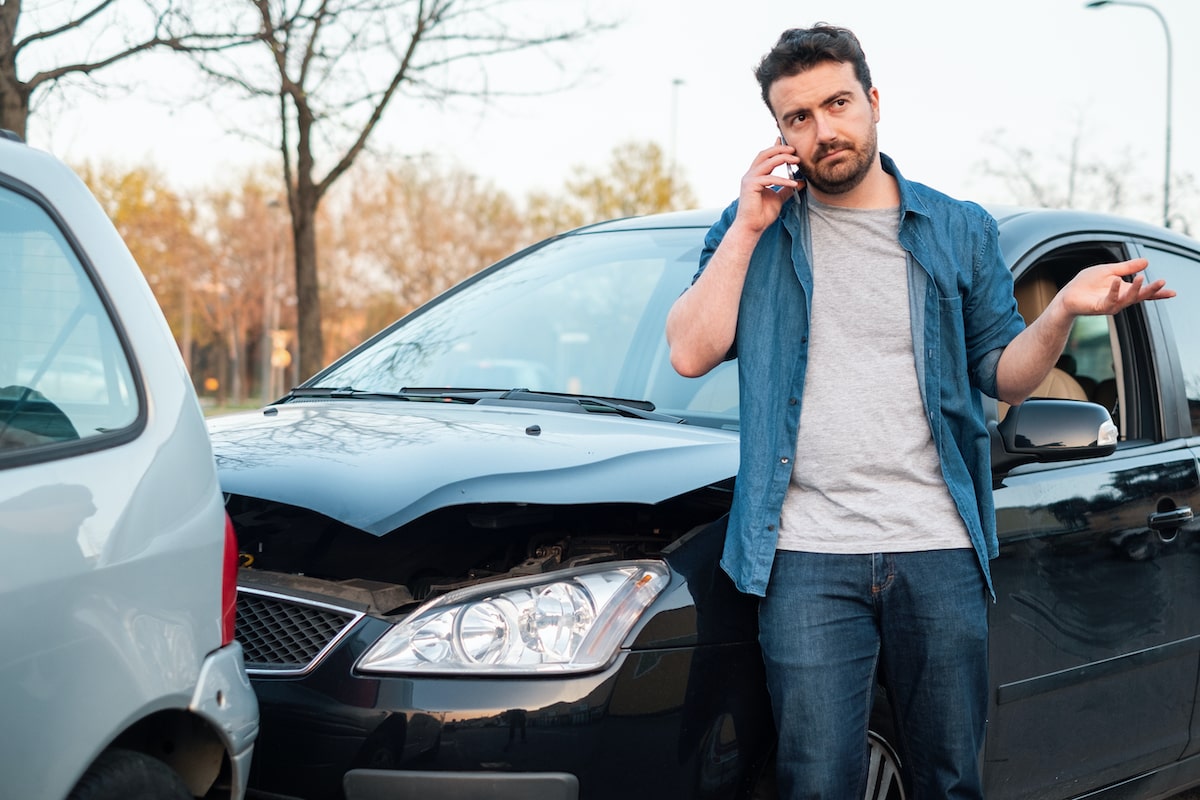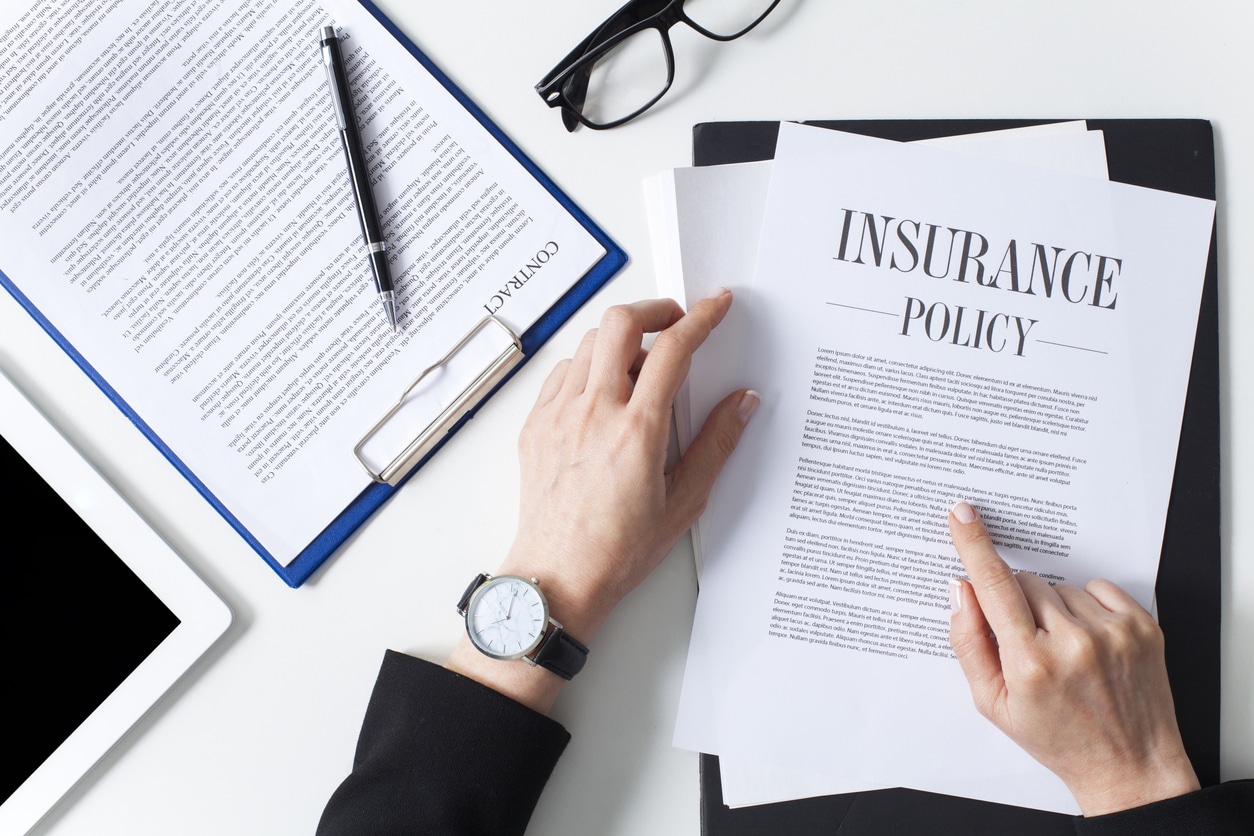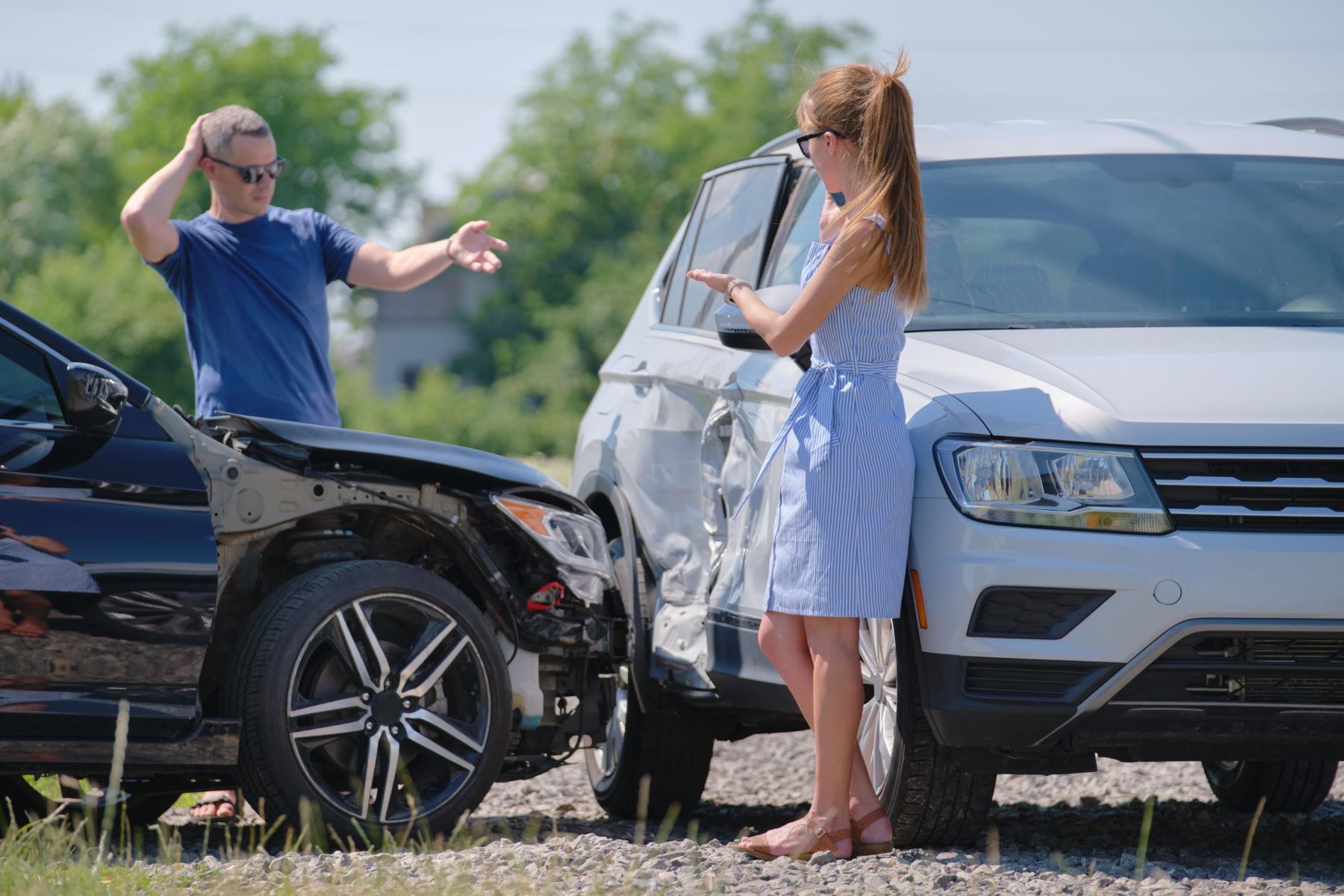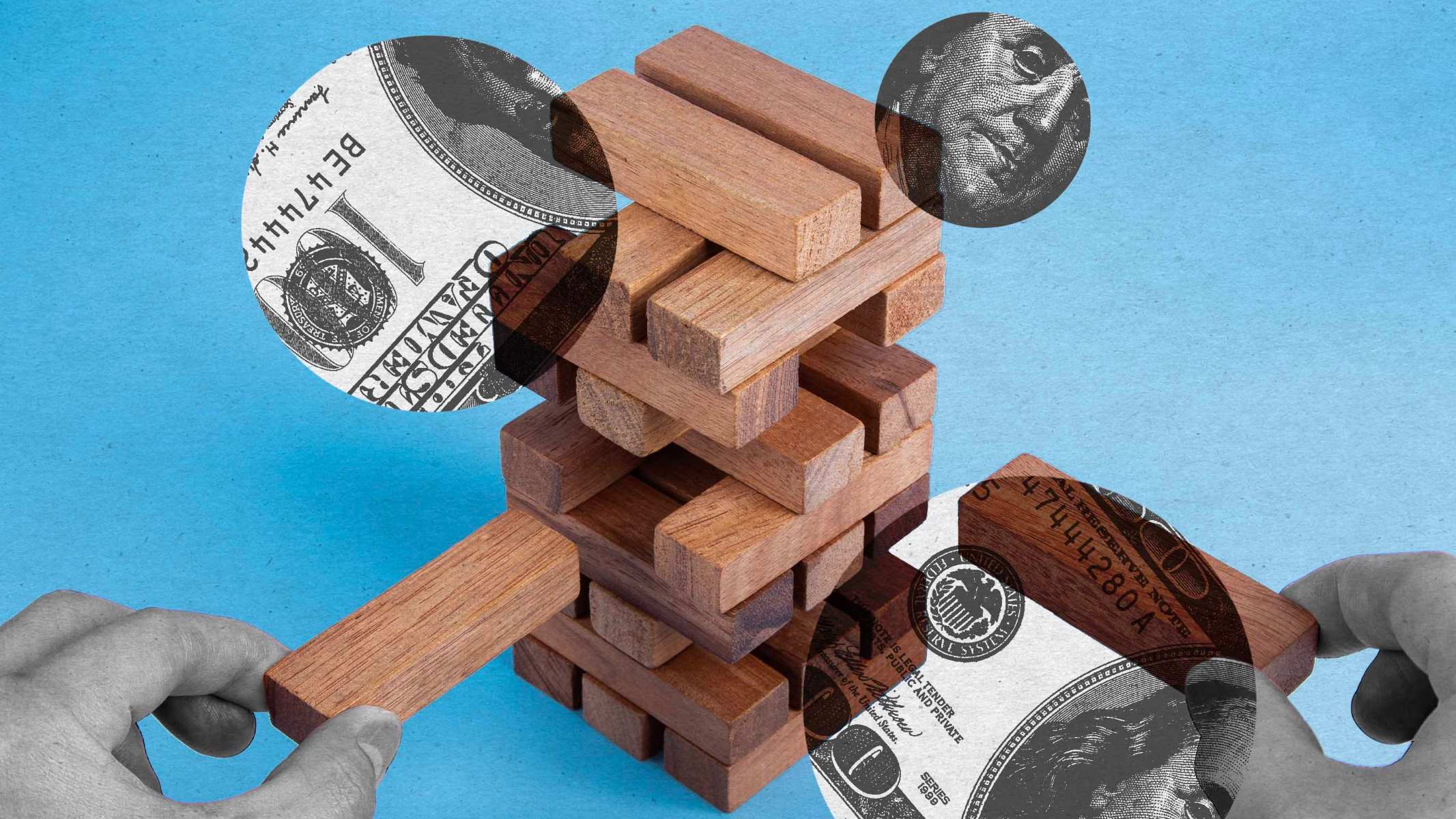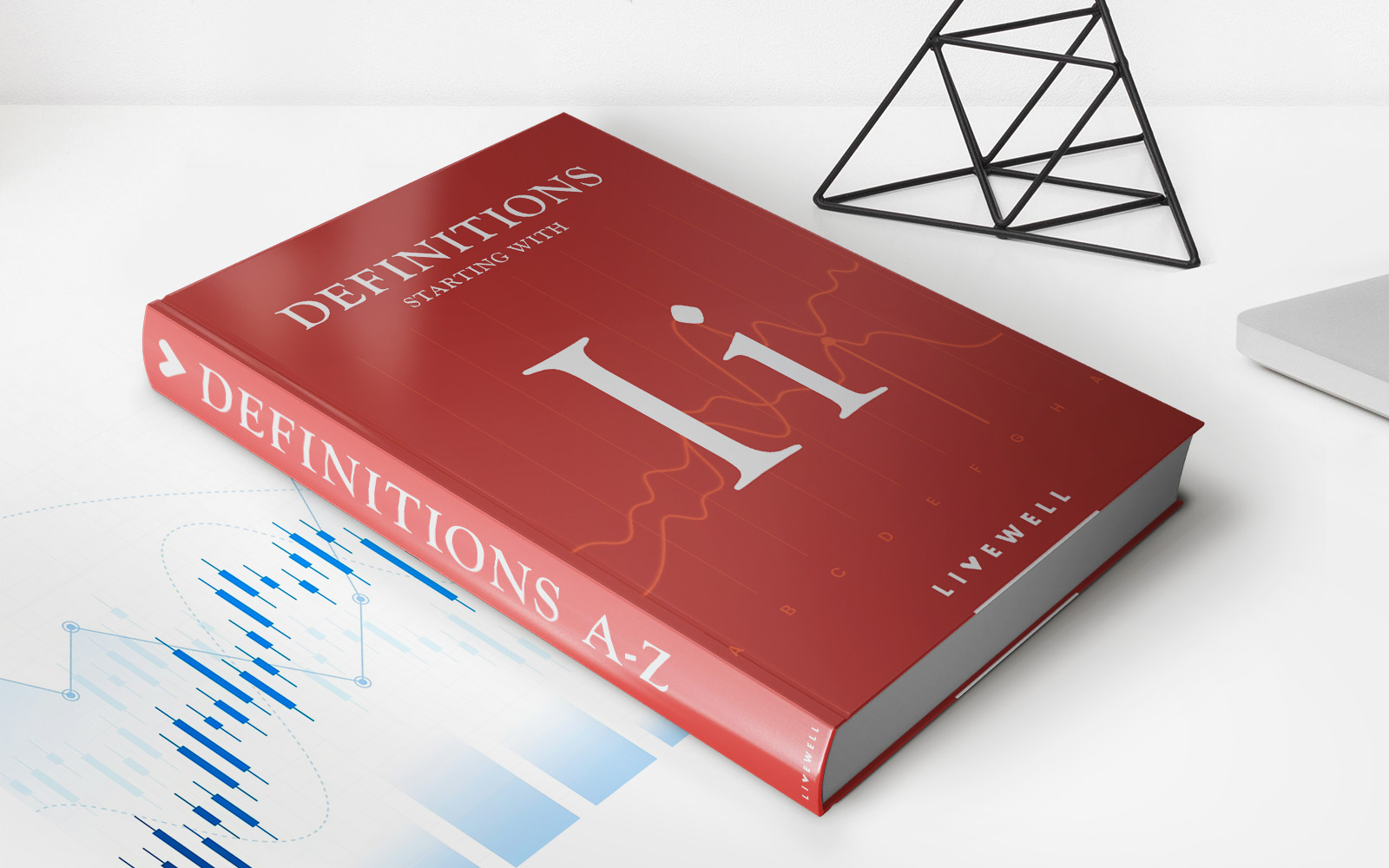Home>Finance>What Happens If Someone Hits Me And I Don’t Have Insurance?


Finance
What Happens If Someone Hits Me And I Don’t Have Insurance?
Published: November 21, 2023
Discover the potential financial implications if you're involved in an accident without insurance coverage. Protect your finances by understanding your options.
(Many of the links in this article redirect to a specific reviewed product. Your purchase of these products through affiliate links helps to generate commission for LiveWell, at no extra cost. Learn more)
Table of Contents
Introduction
Driving without insurance is not only illegal but also brings a host of consequences that can have a significant impact on your financial well-being. Car accidents can happen to anyone, and being involved in one without insurance can leave you vulnerable to a variety of problems. In this article, we will explore what happens if someone hits you and you don’t have insurance.
Insurance is a critical aspect of protecting yourself and others on the road. It provides you with financial coverage in case of accidents, helping to pay for damages, medical expenses, and legal fees that may arise. While it may seem tempting to skip out on insurance premiums, it’s important to understand the risks and potential consequences of driving without coverage.
In many jurisdictions, having car insurance is a legal requirement. Violating this requirement can result in severe penalties and legal consequences. Therefore, it is essential to adhere to the laws and regulations set forth by your local authorities to avoid any legal troubles.
Understanding the Importance of Insurance
Car insurance plays a vital role in protecting you and others on the road. It provides a safety net in case of accidents by covering the costs of damages, injuries, and liabilities that may arise. Here are some key reasons why having car insurance is important:
- Financial Protection: Car accidents can result in significant financial burdens. From repairing or replacing your vehicle to covering the medical expenses of injured parties, these costs can quickly add up. Having insurance ensures that you are not personally responsible for these expenses, preventing a potential financial crisis.
- Legal Compliance: In most jurisdictions, it is mandatory to have car insurance. Failing to comply with this requirement can result in penalties such as fines, license suspension, or even criminal charges. By maintaining proper insurance coverage, you not only protect yourself but also remain in compliance with the law.
- Peace of Mind: Knowing that you are covered by insurance provides peace of mind while on the road. Accidents can happen at any time, and having the reassurance that you are financially protected can alleviate stress and worry.
- Third-Party Protection: Car insurance typically includes liability coverage, which protects you from legal claims and expenses arising from damage or injury to others. This coverage ensures that you are not held personally liable for someone else’s losses.
It’s important to note that the specific coverage and benefits of car insurance can vary depending on the policy you choose. It’s essential to carefully review and understand your insurance policy, including its terms, limitations, and deductibles, to ensure that you have adequate protection.
While the cost of insurance may seem like an additional expense, it provides invaluable protection and financial security in the event of an accident. It’s always better to have insurance and never need it than to be caught in a situation where you face financial and legal repercussions without it.
Legal Consequences of Driving Without Insurance
Driving without insurance is not only a risky decision but also illegal in many jurisdictions. The specific legal consequences can vary depending on the location, but here are some potential outcomes you may face if caught driving without insurance:
- Fines: One of the most common penalties for driving without insurance is the imposition of fines. These fines can vary significantly depending on the jurisdiction and may increase with repeated offenses.
- License Suspension: Driving without insurance can result in the suspension of your driver’s license. In some cases, this suspension may be temporary, requiring you to fulfill certain conditions, such as obtaining an insurance policy and paying fines, to reinstate your license. In more severe cases, your license may be revoked, leading to long-term consequences.
- Vehicle Impoundment: Police officers have the authority to impound your vehicle if you are caught driving without insurance. This can lead to additional fees, inconvenience, and potential difficulty in reclaiming your vehicle.
- Points on your Driving Record: Some jurisdictions assign points to your driving record for various infractions, including driving without insurance. Accumulating these points can have adverse effects on your insurance rates, potentially leading to higher premiums in the future.
- Legal Proceedings: If you are involved in an accident without insurance, you may be held personally liable for any damages or injuries. This could result in legal proceedings, including lawsuits, which can have significant financial consequences.
- Criminal Charges: In certain situations, driving without insurance can result in criminal charges, especially if there are other violations or aggravating circumstances involved. This can lead to more severe penalties, including probation, community service, or even imprisonment.
It is important to recognize that these consequences not only impact you financially but also have long-term effects on your driving record and personal reputation. It is always in your best interest to adhere to the legal requirements of having car insurance to avoid these potentially severe consequences.
Financial Consequences of Driving Without Insurance
Driving without insurance can have significant financial implications that can quickly escalate, leaving you burdened with high costs and liabilities. Here are some of the potential financial consequences you may face if you drive without insurance:
- Out-of-Pocket Expenses: Without insurance coverage, you will be responsible for covering all expenses resulting from an accident out of your own pocket. This includes costs such as vehicle repairs, medical bills, and property damage. Depending on the severity of the accident, these expenses can be substantial and may even lead to financial hardship.
- Medical Expenses: If you cause an accident that results in injuries to yourself or others, you will be accountable for paying for medical treatments and rehabilitation. This can include emergency room visits, surgeries, physical therapy, and ongoing medical care. The costs can quickly add up, especially if the injuries are severe.
- Lawsuits: If you are at fault in an accident and cause injuries or property damage to others, they may file a lawsuit against you to seek compensation. Without insurance, you will be personally responsible for legal fees, court costs, and any settlements or judgments that may be awarded. These expenses can be substantial and have a lasting impact on your financial well-being.
- Damaged Credit: Unpaid bills and expenses resulting from an accident can lead to collection activities and negative marks on your credit report. This can make it more challenging for you to obtain credit in the future, affecting your ability to secure loans, mortgages, or even rent a home.
- Increased Insurance Premiums: If you do not have insurance and then decide to obtain coverage after an accident, you can expect to pay significantly higher premiums. Insurance companies consider driving without insurance as a high-risk behavior, and as a result, you may be classified as a high-risk driver, leading to substantially higher insurance premiums.
It’s important to remember that accidents can happen to anyone, regardless of their driving skills or experience. Without insurance, you expose yourself to significant financial risks that can have long-lasting consequences. By maintaining proper insurance coverage, you protect yourself from the potential financial burden associated with accidents and ensure peace of mind on the road.
Handling the Aftermath of an Accident Without Insurance
Being involved in an accident without insurance can be incredibly challenging, as you are faced with the responsibility of handling the aftermath without the financial protection of insurance. Here are some steps to take if you find yourself in this situation:
- Ensure Safety: The first priority after an accident is to ensure the safety of everyone involved. Move to a safe location, away from traffic, and check for injuries. If necessary, call emergency services for medical assistance.
- Exchange Information: Even if you don’t have insurance, it’s important to exchange information with the other party involved in the accident. Obtain their driver’s license number, contact information, and vehicle details. Provide them with your own information as well.
- Contact the Authorities: Depending on the severity of the accident, you may need to contact the police to report the incident. They can help document the details of the accident, gather evidence, and create an official report.
- Seek Medical Attention: If you or anyone else involved in the accident has sustained injuries, it’s crucial to seek medical attention as soon as possible. Even without insurance, medical care should not be neglected. If needed, explore options such as seeking treatment at a public hospital or contacting local charitable organizations for assistance.
- Gather Evidence: Collect as much evidence as possible to support your case in the event of legal proceedings. Take photos of the accident scene, damage to vehicles, and any visible injuries. Obtain statements from witnesses, if available.
- Explore Legal Options: Consult with a lawyer experienced in personal injury cases to understand your legal rights and options. They can guide you through the legal process and help protect your interests, particularly if you face a lawsuit from the other party involved.
- Consider Settlements: Depending on the circumstances of the accident and the extent of your financial capabilities, you may try to negotiate a settlement with the affected party. This can help avoid a lengthy and costly legal battle, but it is crucial to consult with a lawyer to ensure fair and reasonable agreements.
- Financial Assistance Programs: Look into any financial assistance programs available in your area that may provide support for accident-related expenses. These programs can offer aid for medical bills, property damage, or other costs associated with the accident.
Remember, driving without insurance can have severe consequences, but it’s essential to remain calm and take the necessary steps to protect yourself legally and financially. Seeking legal advice and exploring potential avenues of assistance can help you navigate the aftermath of an accident without insurance.
Seeking Legal Assistance and Options Available
If you find yourself involved in an accident without insurance, seeking legal assistance is crucial to protect your rights and navigate the complex legal process. Here are some options available to help you in this situation:
- Consult with an Attorney: Contact a lawyer specializing in personal injury or car accident cases. They can provide professional advice, evaluate your case, and guide you through the legal proceedings. A knowledgeable attorney will protect your interests and help ensure that you are treated fairly throughout the process.
- Legal Aid Programs: Check if your area provides legal aid programs or pro bono services. These programs offer assistance to individuals who cannot afford legal representation. They can help you understand your rights, navigate the legal system, and represent your interests in court, if necessary.
- Negotiate with the Other Party: Depending on the circumstances, you may attempt to negotiate a settlement directly with the other party involved in the accident. Consulting with an attorney is crucial during this process to ensure that any settlement agreements reached are fair and protect your interests.
- Explore Payment Plans: In situations where you are held liable for damages and injuries, discuss payment plans with the affected party. Setting up a reasonable repayment plan can help alleviate the immediate financial burden.
- Consider Bankruptcy as a Last Resort: If you are unable to afford the expenses resulting from the accident, bankruptcy may be an option to consider. Consult with a bankruptcy attorney to understand the implications and determine if it is the right choice for your situation.
- Research State-Specific Laws: Familiarize yourself with the laws and regulations specific to your state regarding driving without insurance and its legal implications. Understanding your rights and the potential consequences will help you navigate the situation more effectively.
Keep in mind that laws and options available can vary based on your location, so it’s crucial to consult with professionals who are well-versed in the laws of your jurisdiction. They can provide accurate information and guide you through the legal process.
Remember, seeking legal assistance is essential when dealing with the aftermath of an accident without insurance. It will help protect your rights, provide guidance, and ensure that any legal actions against you are handled appropriately.
Conclusion
Driving without insurance is a risky and illegal decision that can have severe consequences. Not only are you putting yourself at financial risk, but you also face legal penalties that can have long-lasting effects. Car insurance provides the necessary financial protection in case of accidents, shielding you from significant out-of-pocket expenses and liabilities.
Understanding the importance of insurance is crucial for responsible driving. It not only ensures your own financial security but also protects others on the road from potential harm. Compliance with the legal requirements for car insurance is essential to avoid fines, license suspension, and other legal consequences.
In the event that you are involved in an accident without insurance, it’s important to handle the aftermath wisely. Take steps to ensure safety, gather information, and seek medical attention if needed. Consulting with a lawyer experienced in personal injury cases can help you navigate the legal process and protect your rights.
While the financial consequences of driving without insurance can be significant, there are options available to manage the situation. Seeking legal assistance, exploring settlement possibilities, and looking into financial assistance programs can help alleviate the burden.
In conclusion, driving without insurance is a risk that should be avoided at all costs. Car insurance provides the necessary protection and peace of mind. By adhering to the legal requirements and responsibly maintaining insurance coverage, you can drive with confidence, knowing that you are protected in case of accidents.
